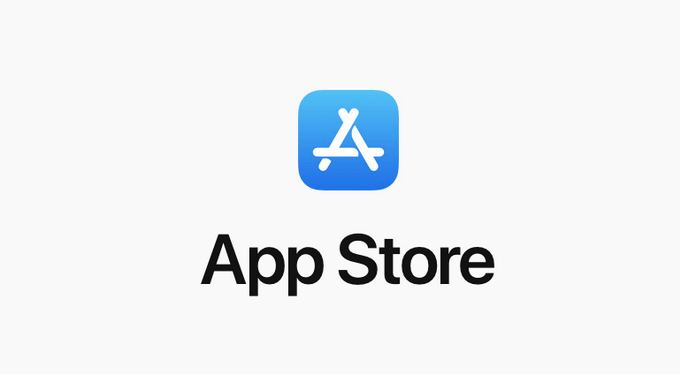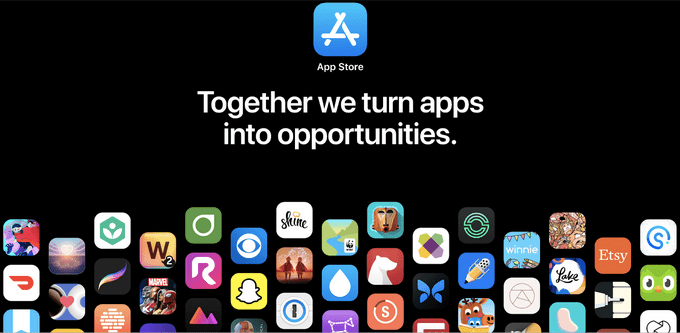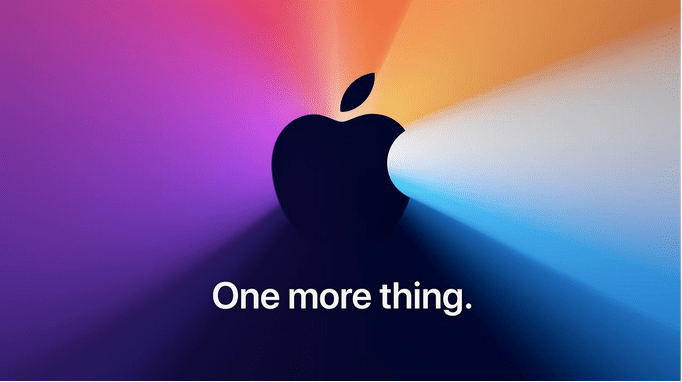Apple has finally responded to all the allegations raised by Epic Games and other developers over its policies of rejecting and removing third-party iOS from its app store. Apple has released detailed defensive statements explaining its strategy about app review and in-app payments procedure. It claims that due to these tough measures, Apple has helped to stop more than $1.5 billion that could have been lost in fraudulent transactions.
Apple further defended its payment system and App Review method by releasing certain facts and figures. It stated that in the year 2020, App Store had prevented 48,000 apps from being released App Store just because they contained certain undocumented and hidden features. Apple believes in transparency with its users and this is evident with the latest iOS update 14.5 where users can choose if they wish to be tracked by the apps installed. Apple also provided facts that an approx of 150,000 apps were rejected as they fell under prohibited categories like Spam, Copycats, or Misleading Content. In addition to this, over 215,000 apps were apprehended for violating Apple’s privacy measures. Some excerpts of Apple’s report include:
- Prevent 3 million Stolen Cards from transacting on Apps Store.
- Banned over a million accounts for life.
- Terminated 470,000 developer accounts.
- Prevented almost 205,000 new developer enrolments.
- Deactivated 244 million customer accounts.
- Rejected 424 million new account requests.

Apple’s team is working 24/7 round the clock to review and identify scams and fraudulent activities. Despite being careful and terminating or preventing suspicious developers and account holders, some apps did manage to enter the App Store. Apple states that around 110,000 were identified and blocked from the App Store last year. These apps were difficult to recognize as these apps resemble ordinary apps but had other intentions like spreading malware or grabbing data from other legitimate apps.

But that is Apple’s side of the story. There are always two sides of any coin and the other side of the story involves Epic games, Spotify and Cupertino.

Epic Games dragged Apple to court in Oakland, California, accusing Apple of treating its App Store as a walled garden. This helped Apple to generate revenue from the users using iOS apps as well as the developers who released them. Apple’s Payment System ensures that Apple receives a commission from the payment made to developers by users who purchase the app. Epic Games was the first one to challenge this practice and removed Apple’s in-app purchase module and replaced it with their gateway. This way Apple would not know about the number or amount in-app purchases of the popular game, Fortnight. Apple responded by removing Fortnight from its Apple App Store.

Another developer to oppose Apple’s App Store policy and tactics is Spotify which has accused Apple of trying to create a monopoly in the App Market. Apple’s CEO, Tim Cook, has responded that these actions are necessary to ensure that the privacy and security of its users remain intact.

Finally, the Cupertino company has released a list of apps that were rejected by the App Store under claims that these apps had hidden features, were promoting spam, and misleading users. It claims that these measures are taken by Apple to completely suppress competition from third-party iOS developers.

In response, Apple has issued a counter statement that Apple promotes new developers and welcomes new apps on its store. To support this statement, Apple has claimed that it has enrolled more than 180,000 new developers to launch apps on its App Store. While the war between Apple and other third-party iOS developers goes on, Apple users can do nothing but wait and watch.


 Subscribe Now & Never Miss The Latest Tech Updates!
Subscribe Now & Never Miss The Latest Tech Updates!